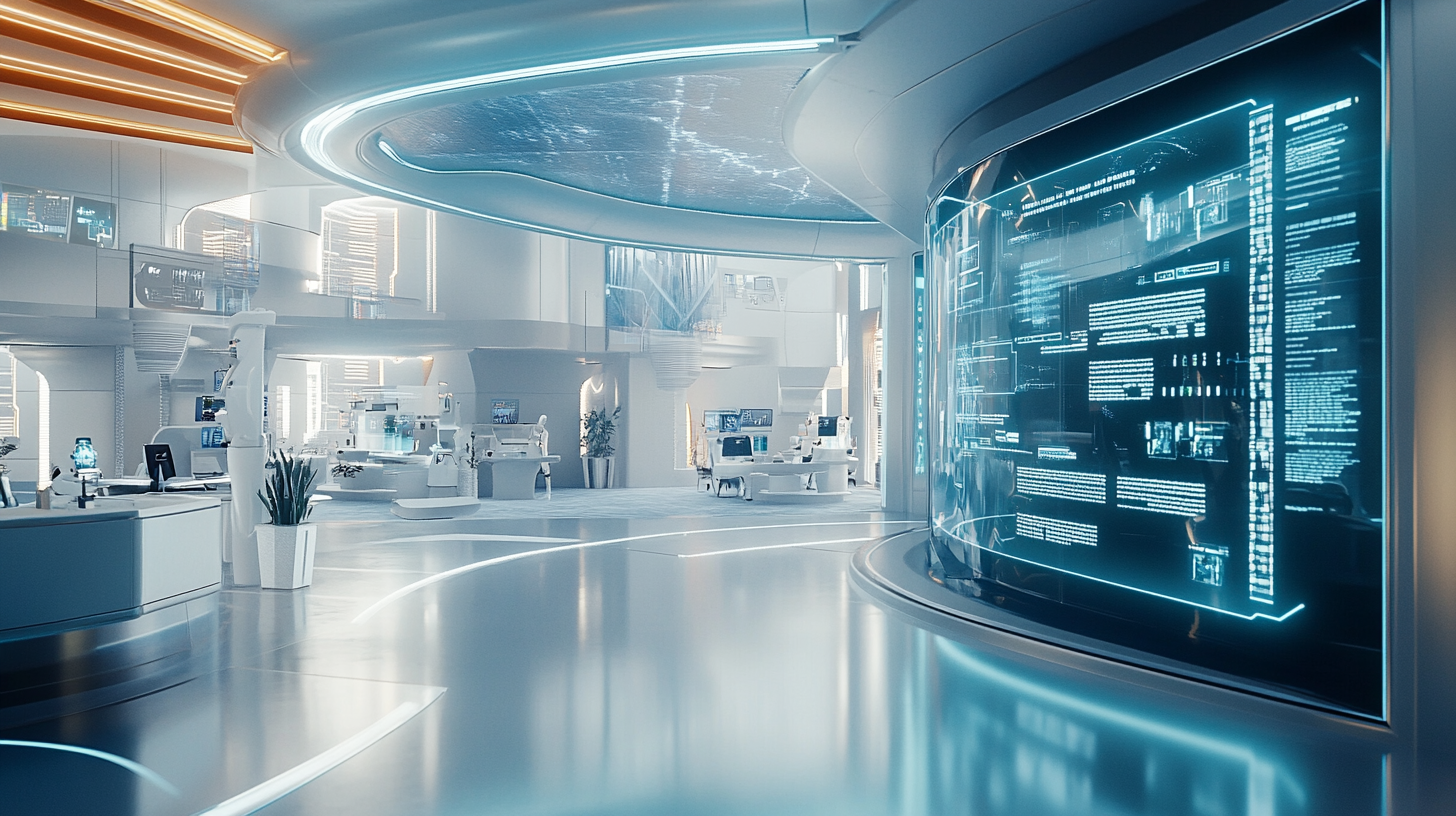
The Best Generative AI Chatbots for Customer Service
In the rapidly evolving landscape of customer service, generative AI chatbots have emerged as transformative tools, offering efficient, personalized, and round-the-clock support to customers. Platforms like Dialogflow by Google leverage advanced natural language processing (NLP) capabilities to understand complex queries and integrate seamlessly with various services, making it a robust solution for businesses (Google Cloud, 2023). ManyChat stands out for its user-friendly interface and extensive automation features, enabling businesses to create engaging customer interactions across popular messaging platforms (ManyChat, 2023). Meanwhile, Rasa offers a highly customizable open-source option that excels in contextual understanding, allowing chatbots to remember previous interactions (Rasa, 2023). IBM Watson Assistant is recognized for its powerful NLP and integration with IBM Cloud services, providing businesses with tailored conversational interfaces (IBM, 2023). Lastly, the Microsoft Bot Framework supports multiple channels and integrates with Microsoft Cognitive Services, making it a comprehensive toolkit for developers to build and deploy effective chatbot solutions (Microsoft, 2023). Together, these platforms are revolutionizing customer service by enhancing user experience while alleviating the workload on human agents.

Top 5 Applications of Generative AI You Need to Know About
As artificial intelligence continues to evolve, generative AI has emerged as one of the most exciting branches of this field, transforming industries with its innovative capabilities. From content creation, where tools like OpenAI's GPT-3 and DALL-E automate the generation of text and images, to game development, which leverages algorithms to create immersive environments and adaptive gameplay experiences, generative AI is reshaping how we engage with technology. In personalized marketing, it enables tailored content that resonates with specific audiences, enhancing customer engagement through AI-driven chatbots. The impact extends to product design and development, where designers can use generative models to optimize prototypes efficiently, and in healthcare, where it accelerates drug discovery by predicting the efficacy of new compounds. These applications highlight the transformative potential of generative AI across various sectors, paving the way for groundbreaking solutions and efficiencies.